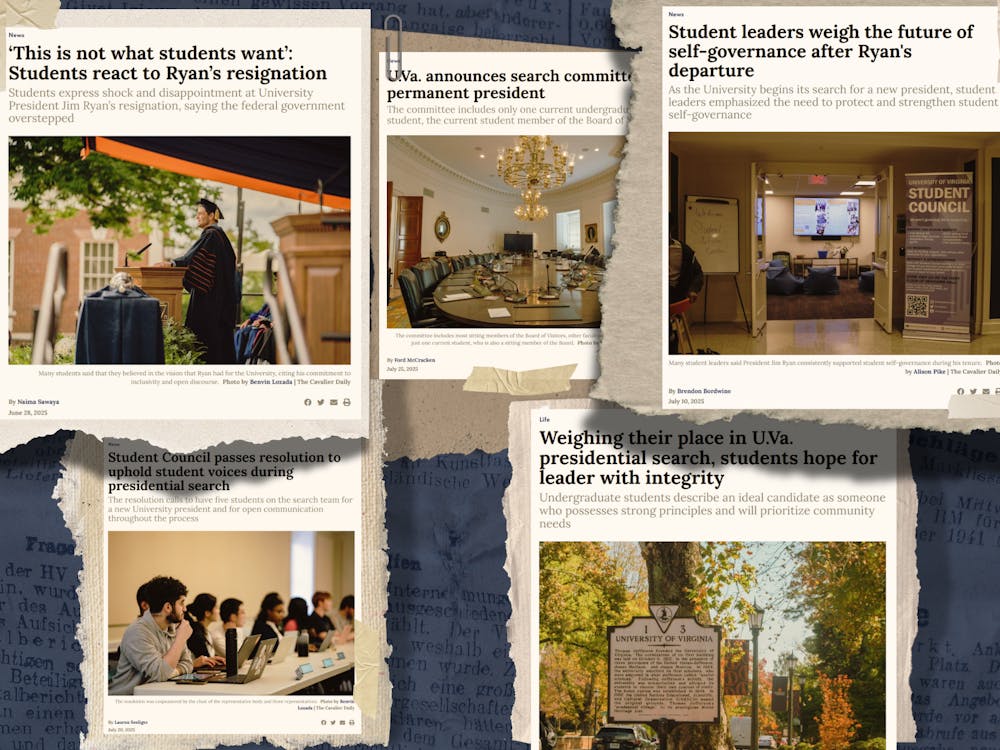The Center for American Progress, an education think tank based in Washington, D.C., recently released a report calling for greater federal support for higher education in response to investment cuts during the 2008 recession.
CAP is calling for four measures to counter these cuts. The first is for states to build new funding streams to provide at least as much as the maximum Pell Grant per student in support of public colleges. Secondly, the report calls on states to guarantee low-income students pursuing associate’s or bachelor’s degrees receive grant aid to cover their enrollment at public institutions.
CAP further requested the creation of outcome goals for institutions, such as an increased graduation rate and the implementation of proven strategies to improve student performance. Finally, they call for the standardization of transfer-credit and admissions requirements, as well as a rise in college preparation mandated for K-12 students.
“Since the Great Recession, states have withdrawn public investment in higher education, and many students from low- and middle-income families have been pushed out of public colleges and universities,” the report said.
Consequently, the college attendance rate among low-income students is declining. The disinvestment of public college funding has also affected low-income students by tending to target community colleges and other public institutions serving a greater number of low-income students.
Out of 45 states which either cut funding or made no change, 31 states cut per-student support for community colleges more than they made cuts to four-year institutions.
“For most students, a college degree is a promising pathway to an economically-rewarding and professionally-fulfilling career, but that these degrees are still disproportionately conferred on the more affluent members of our society,” said Benjamin Castleman, an assistant professor at the Education School whose research focuses on policies to improve college access and success for low-income and first-generation college students. “I believe increasing college access and success for low-income students can contribute to reducing economic inequality in the United States.”
With less funding per student at colleges serving more low-income students, “low-income students pay 18 percent more than the national average at community colleges and 14 percent more than average at public universities” in the states which most reduced spending from 2008 to 2012, the report said.
According to the report, this increase in college tuition and fees has led to a greater burden of student debt among even middle-class families, all while the median family’s income falling 3 percent in the last three years.
“Together, these factors have led to decreased access to college, higher cost, and higher debt,” the report said.
While investments in the Pell Grant program have helped to fill some of the gap caused by rising tuition, declining state investment, the main force behind the increasing net price of college, has not yet been addressed.
The report argues that by providing at least as much as the maximum Pell Grant per student to public colleges — paired with increase grant aid packages for low-income students — states can help ensure low-income students are more able to attend college.
“There is a substantial body of research showing that providing students with financial aid — both merit based and need based — leads not only to increases in college enrollment but also increases in degree attainment,” Castleman said.
Castleman said advising students throughout their college careers is crucial to improving overall student success.
“Another is to leverage a broader range of communications technologies to proactively deliver personalized and simplified information for students," Castleman said. "My colleague and I find in our work, for instance, that sending community college freshmen text message reminders to renew their financial aid increases sophomore year persistence by almost 20 percent.”
Though Castleman said he believes in improving education through investment, he stressed the importance of making wise investment decisions.
“Improving educational outcomes, particularly for traditionally underrepresented populations, is one of the best investments we can make as a society,” he said. “But we should focus not only on the overall level of investment, but also on making deliberate and evidence-based decisions about where we invest scarce resources in education, so that we can achieve the best possible outcomes for students and their families.”






